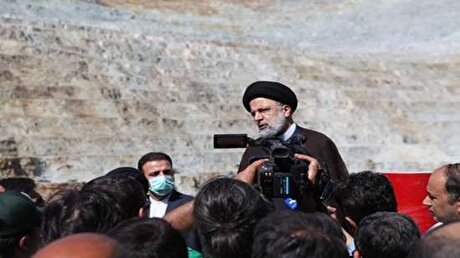CBI defines new programs to curb liquidity growth

According to Mohammad Nadali, monitoring the banks’ liquidity creation, distancing banks from corporate governance, and controlling the capital adequacy of banks are among the programs seriously pursued by the CBI in this regard.
Nadali put the current ratio of Iranian banks liquidity creation at 7.9, meaning that each currency unit that leaves the central bank grows 7.9 times circling in the country’s banking network.
Central banks around the world use various tools to limit the ability of banks to create liquidity, and to direct the money generated in the banking network to productive activities, the official said.
He further referred to the tools, methods and regulations that the CBI uses to limit liquidity growth in the country, saying: "One of these tools is liquidity generation coefficient; the central bank regulates this coefficient by controlling the amount of legal deposit it receives from banks.”
“In order to limit the banks’ liquidity generation capacity, CBI obliges them to keep a percentage of their assets as legal deposits with the central bank. This figure is currently about 10 to 13 percent,” Nadali explained.
Alternatively, the central bank has also defined a specific liquidity coverage index for banks, based on which they are obliged to hold a percentage of their assets in their portfolio. This helps prevent the banks from lending too much.
The central bank has also a new program to have more effective supervision on banks' activities using new tools and modern technologies.
“In order to have more control over the banks’ liquidity creation, we monitor the monthly growth in their balance sheets; we increase the legal deposit obligations of the banks that do not comply with the CBI regulations,” he added.
Source: Tehran Times


